How AI Is Changing Marketing Roles, Not Replacing Them?
April 17, 2024
AI is indeed revolutionizing various aspects of marketing, but rather than replacing human roles entirely, it is augmenting and transforming them. Here’s how AI is changing marketing roles without necessarily replacing them:
- Data Analysis and Insights: AI-powered analytics tools can process vast amounts of data in real-time, providing marketers with valuable insights into consumer behavior, preferences, and trends. While AI handles the heavy lifting of data analysis, marketers interpret the insights and use them to inform strategic decisions and campaigns.
- Personalization: AI algorithms enable hyper-personalized marketing campaigns by analyzing individual customer data and predicting their preferences and buying behavior. Marketers leverage AI-driven personalization tools to deliver targeted content, recommendations, and offers tailored to each customer segment, enhancing engagement and conversion rates.
- Content Creation and Optimization: AI technologies, such as natural language processing (NLP) and generative algorithms, can assist marketers in creating and optimizing content at scale. AI-driven content tools can generate product descriptions, email subject lines, social media posts, and even articles based on data-driven insights and trends. However, marketers provide the creative direction, strategic context, and human touch to ensure the content resonates with the target audience.
- Customer Service and Support: AI-powered chatbots and virtual assistants are increasingly used to handle routine customer inquiries, provide personalized recommendations, and facilitate transactions. While AI handles repetitive tasks and basic queries, human marketers step in to handle complex issues, empathize with customers, and build genuine relationships.
- Predictive Analytics and Forecasting: AI-powered predictive analytics models help marketers forecast future trends, customer behavior, and market dynamics with greater accuracy. By leveraging predictive insights, marketers can anticipate demand, optimize inventory management, and allocate resources more effectively to capitalize on opportunities and mitigate risks.
- Marketing Automation: AI-driven marketing automation platforms streamline repetitive tasks, such as email marketing, lead nurturing, and campaign management. Marketers use these tools to create automated workflows, segment audiences, and trigger personalized messages based on user actions. However, human oversight is still essential to ensure the automation aligns with strategic objectives and maintains brand consistency.
- Advertising and Media Buying: AI-powered algorithms optimize advertising campaigns across various channels, such as search engines, social media platforms, and display networks. Marketers rely on AI-driven ad platforms to target audiences, allocate ad spend, and optimize bids in real-time for maximum ROI. Nevertheless, human marketers provide the strategic direction, creative input, and audience insights to guide advertising efforts effectively.
In summary, AI is transforming marketing roles by automating repetitive tasks, enhancing data analysis and personalization capabilities, and enabling predictive insights. However, human marketers remain indispensable for providing strategic direction, creativity, empathy, and ethical oversight in leveraging AI technologies to drive meaningful engagement and relationships with customers.
